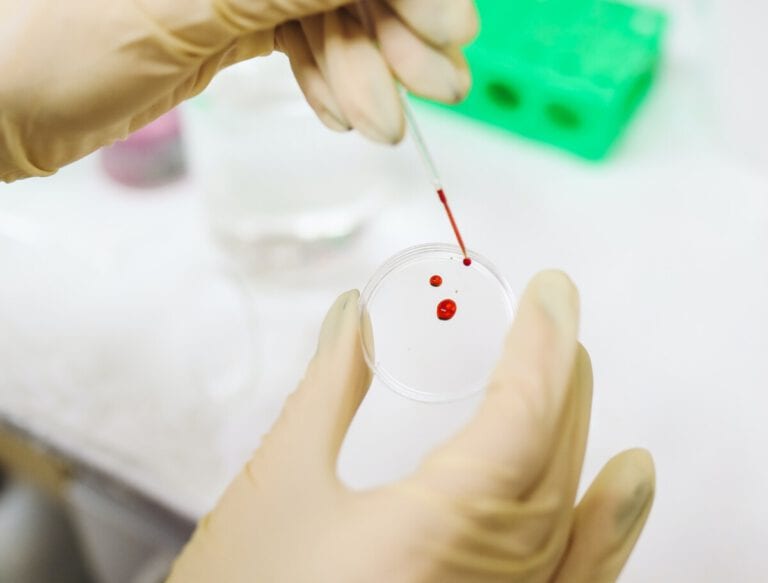
Good news on the coronavirus front: research from the RIVM has found our body’s defence system against the virus is better than we thought. Antibodies are stronger and last longer than earlier studies found.
The research found that six months after infection, antibodies can still be found in the blood of over 90 percent of people infected with COVID-19. That’s also promising for the development of a vaccine.
In the study, the RIVM studied blood samples of more than 6,500 people. While previous studies from blood bank Sanquin found that antibodies decreased quickly, this new research is far more positive.
Different antibodies
The Sanquin study looked at a type of antibody which is the body’s first line of defence against coronavirus. While this antibody does decrease quickly, it’s replaced by other antibodies that provide more protection in the long term, explains researcher Fiona van der Klis of the RIVM.
“We see that the antibody that provides long-term protection remains present for a long time and is actually getting stronger,” she told AD.
“The fact that long-term antibodies are increasing and improving over the course of six months is really positive news.”
What does that mean for vaccines?
Immunologist Ger Rijkers says the findings offer “good hope” for vaccines. “Ultimately, these antibodies will also disappear from the body, but in the meantime, your body has built up a memory. If you become infected with the virus again, your body produces new antibodies super fast.”
Van der Klis cautions that vaccines are a slightly different process to natural infections. “But I would be surprised if these vaccines are only effective for a very short time.”
Multiple infections the exception
There was a lot of concern about the possibility of being reinfected multiple times with the virus. But the RIVM’s research has found that most people dealing with the virus do produce antibodies. Immunologist Rijkers says that reinfections are incidents, not the norm.
“Not everyone has an equally effective immune system, which is why some get the virus twice,” he told AD. “But the vast majority of people are protected after one go.”
READ MORE | Amsterdam’s million euro poop research looks promising
Who has the most antibodies?
Overall, 4.9 percent of the study’s participants were found to have antibodies in their blood — although that number has likely increased now because the blood was drawn in September and October, prior to the second wave’s peak.
However, the study did find major regional differences in who has antibodies. Participants in the North Netherlands had fewer antibodies than those in North Brabant, Limburg, and large cities.
In the study, around 10 percent of young adults (aged 20-35) had antibodies, by the far the most of any age group. Meanwhile, children under 15 had the least.
Researcher Van der Klis says that could be because children have a more active immune system that can respond quickly and adequately to the virus. “But we don’t know exactly how that works.”
“In our research, we only looked at antibodies,” she explains. “These are produced by a certain type of immune cells, which work together with other types of immune cells, T cells, to defend the body.”
“Our research into antibodies is a piece of the puzzle in a complex puzzle.”
How do you feel about this latest antibody news? Tell us your thoughts in the comments below!
Feature Image: Polina Tankilevitch/Pexels

